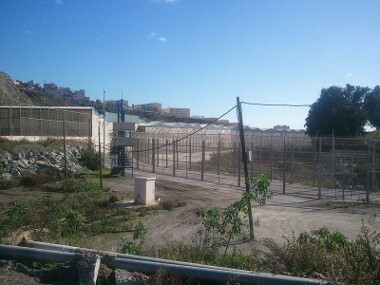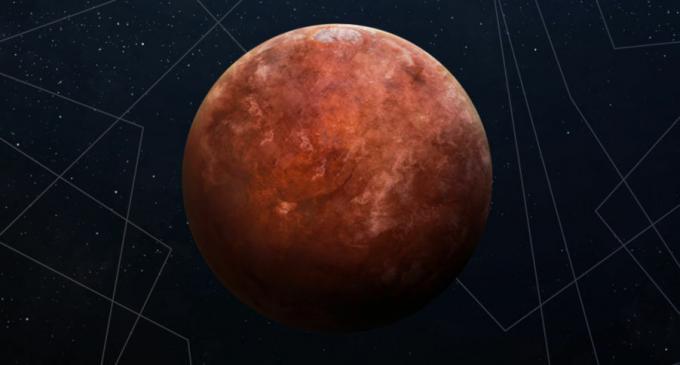Located in the northeast portion of the African continent, in the region called Mediterranean Africa, the territory of Egypt has land borders with Asia. It is limited to the west by Libya, to the south by Sudan, to the northeast by the Gaza Strip and Israel, in addition to being bathed by the Mediterranean Sea to the north and the Red Sea to the east.
Egypt is considered the birthplace of one of the most important civilizations of antiquity, and has one of the longest histories in the world. Dynasties of Pharaohs erected great buildings, such as the pyramids of Cheops, Chephren and Mikerinos, considered as heritage of humanity by the United Nations Educational, Scientific and Cultural Organization (Unesco).

Pyramids of Cheops
Egypt is the third most populous country in Africa, with approximately 84.4 million inhabitants. More than 90% of this population resides in areas close to the banks of the Nile River and on the coast from the Mediterranean Sea, since the other regions of the country are desert, occupied by the Desert of the Sahara.
The Nile River is the main source of life and work, through which water and electricity are supplied, enabling the development of agricultural activity. The main crops are rice, wheat, cotton and corn. There are also sheep, goats and birds.
Oil production and exports are essential for capturing financial revenues. The country still has reserves of natural gas, coal, manganese, iron ore and uranium. The industrial sector, which is not very diversified, is based on the production of food, textiles and oil refining. Another economic activity of great relevance is tourism. The natural beauty and historical and cultural richness are factors that attract millions of visitors to Egypt.
In politics, the nation has achieved a historic feat, the resignation of Hosni Mubarak, who served as president for 30 years. Mubarak assumed the national presidency after the death of then-President Anwar Sadat, assassinated in 1981 by Muslim fundamentalists.
Do not stop now... There's more after the advertising ;)

Hosni Mubarak, 82, served as president of Egypt for 30 years
Since assuming the presidency, he has cracked down on Islamic extremist groups and has had the support of the United States of America (USA). The Egyptian leader maintained the State of Emergency Law during his 30-year term, allowing the government arrest and detain a person without prosecution, and prohibit demonstrations popular.
This scenario, in addition to the socioeconomic problems faced by the population, led to a wave of popular protests for the departure of Mubarak. After 18 days of demonstrations, especially in Tahir Square, and of “pressure” from some countries, Hosni Mubarak handed over his post to the National Army on February 11, 2011. The Army pledged to carry out constitutional reforms and suspend the State of Emergency.

coat of arms of egypt
Egypt data:
Territorial extension: 1,001,449 km².
Location: Middle East.
Capital: Cairo.
Climate: Subtropical arid.
Administrative division: 27 governorates.
Languages: Arabic.
Religion: Islam 84.4%, Christianity 15.1% (Orthodox 13.6%, others 1.5%), no religion and atheism 0.5%.
Population: 84,474,247 inhabitants. (Men: 42,476,508; Women: 41,997,919).
Ethnic Composition: 98% Egyptian Arabs, 1% Bedouin Arabs, 1% Nubians.
Demographic density: 84.3 inhab/km².
Average annual population growth rate: 1.82%.
Population residing in urban areas: 43.4%.
Population residing in rural areas: 56.6%.
Undernourished population: less than 5%.
Life expectancy at birth: 71 years.
Households with access to drinking water: 98%.
Households with access to a health network: 66%.
Human Development Index (HDI): 0.620.
Currency: Egyptian Pound.
Gross Domestic Product (GDP): 187.9 billion dollars
GDP per capita: $2,275.
External relations: World Bank, IMF, WTO, UN, AU.
By Wagner de Cerqueira and Francisco
Graduated in Geography
Brazil School Team
countries - geography - Brazil School


